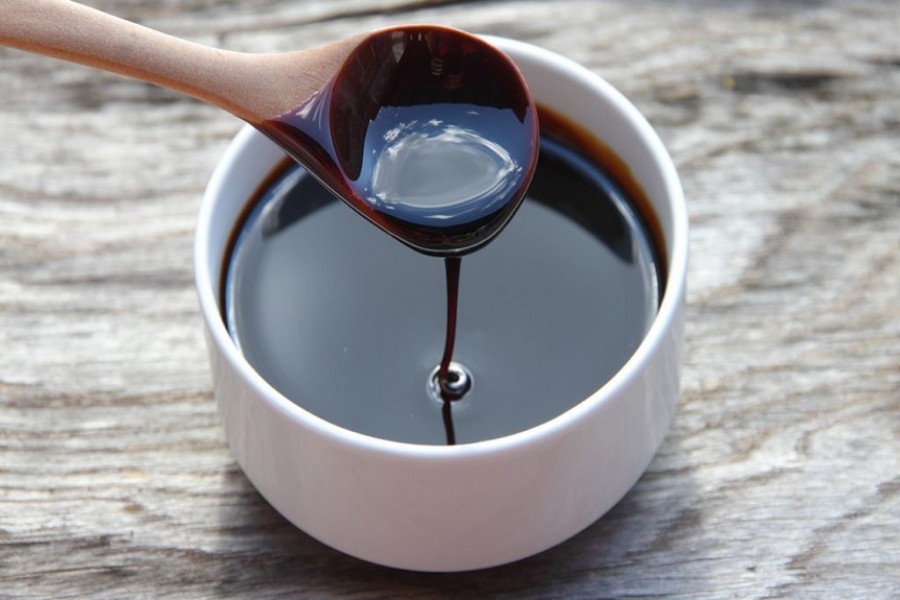There was a time when every good news used to be greeted with a variety of sweetmeat made from molasses, such as - pitha-puli, naru, mowa, goja, murki, batasha, khaja, kodma, etc.
Over time, the food items have been replaced, so have their main ingredients. Refined sugar has taken the place of molasses, which is also known as white poison in the commentary of many doctors.
Even a few years ago, during the month of Ramadan in Bangladesh, molasses sherbet used to be an integral part of Iftar. After fasting all day, molasses sherbet with the refreshing fragrant of lemon or lemon leaves provided both energy and also refreshes to the body.
Not only sherbet, but the use of molasses as a sweetener in tea was also common in the past. However, both are missing now as sugar replaced molasses completely from tea while juice and other cold drinks have replaced molasses sherbet from many households.
However, thanks to many fancy tea stalls, molasses tea is gaining popularity again in many places.
Many people are unaware that molasses contain some vitamins and minerals, unlike refined sugar. One tablespoon or 20 grams of molasses contains vitamin B-6, potassium, iron, calcium, manganese, magnesium, copper and selenium in good measures.
Also, this amount of molasses contains about 58 calories. Molasses helps maintain healthy bones and prevent osteoporosis, a health condition that weakens the bones. It also contains a lot of potassium, which helps maintain healthy blood pressure.
Although the effects of molasses on the human heart have not been studied, from research studies in animals, it is found that supplementing the diet with molasses can help increase levels of high-density lipoprotein (HDL), i.e. ‘good cholesterol.’
Researchers have also shown that blackstrap molasses contain more antioxidants than honey or other natural sweeteners.
However, the amount of sugar in molasses is so high that the harms caused by excessive sugar consumption, such as obesity, type 2 diabetes, heart disease, etc. can also occur by having excessive molasses.
On the other hand, every nutrient of molasses can be extracted quickly and in large quantities from other foods.
Nevertheless, it is anyway a better replacement for sugar. Its goodness can be harnessed by substituting sugar with it in a limited amount.


